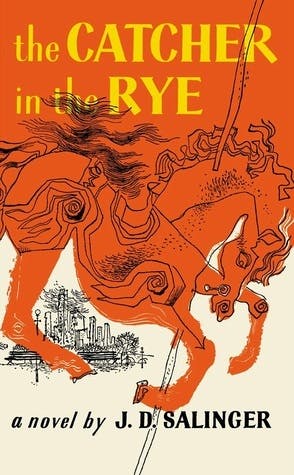The Adventures of Huckleberry Finn Summary
Key Takeaways
- Freedom is a pervasive theme, explored through Huck and Jim’s flight from restrictive societal norms.
- Racial prejudices are critiqued, illustrating the moral complexities and human costs of slavery.
- The river represents a symbolic journey to freedom and self-discovery, contrasting with the corrupt values onshore.
- Huck’s moral growth and his decisions regarding Jim’s fate highlight the conflict between societal values and personal conscience.
- Twain uses humor and satire to critique the hypocrisies of 'civilized' society, promoting a more egalitarian view of humanity.
🌿 ReflectBay
Overthinking again?
You're not too much. You're just overwhelmed and it's okay. We help you untangle the noise and feel calmer.
We'll help you...
Summary
Huck Finn, a young boy on the run from his abusive father, and Jim, escaping slavery, raft down the Mississippi River, encountering various characters and situations that expose the prejudices and flaws of the American South.
Their journey is marked by growth and danger, as Huck grapples with his own ingrained racism and learns to value Jim’s humanity and friendship over the laws and norms that deem Jim property.
The novel’s episodic structure reflects the randomness of life on the river, with each adventure teaching Huck new lessons about the world and himself.
'The Adventures of Huckleberry Finn' challenges the reader to consider American social norms through the eyes of someone deciding for himself what is right and wrong, making it one of the most important works in American literature on the themes of freedom and morality.
Also recommended

The Catcher in the Rye
J.D. Salinger
To Kill a Mockingbird
Harper Lee
